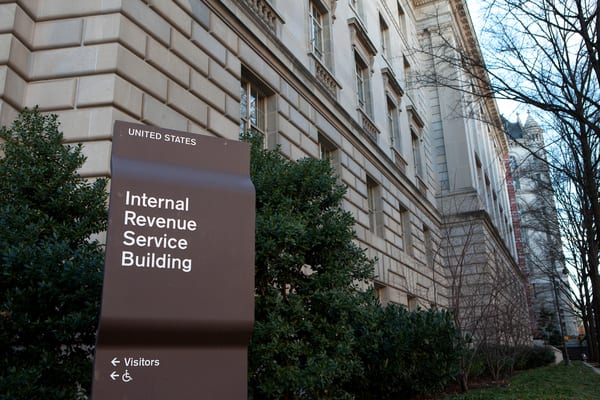What the IRS Tax Extension Means for You

UPDATE (March 23, 2020): The IRS has formalized its latest guidance in Notice 2020-18, which supersedes Notice 2020-17. The new grant of relief stipulates that for “Affected Taxpayers” (individuals, trusts, estates, partnerships, and corporations) the due date for filing and making federal income tax payments due April 15, 2020 is automatically postponed to July 15, 2020. Affected Taxpayers do not have to file extension Forms 4868 or 7004 to obtain such postponement and there is now no limitation on the amount of payment that may be postponed.
The latest notice solidifies the news shared on March 20 by Treasury Secretary Steven Mnuchin, extending both the filing and payment deadline to July 15, 2020. The notice covers federal income tax payments and federal income tax returns due on April 15, 2020 for the 2019 taxable year, and federal estimated income tax payments due on April 15, 2020 for the 2020 taxable year.
UPDATE (March 20, 2020): Since we published this article last evening, Treasury Secretary Steven Mnuchin has provided additional guidance that we expect to be formalized into an official IRS notice in the coming days:
At @realDonaldTrump’s direction, we are moving Tax Day from April 15 to July 15. All taxpayers and businesses will have this additional time to file and make payments without interest or penalties.
— Steven Mnuchin (@stevenmnuchin1) March 20, 2020
Beyond providing an update on the April 15 tax deadline (for 2019 federal income taxes and 2020 Q1 estimated payments), we will continue to monitor for updates to state tax filing requirements, as well as adjustments to the federal Q2 tax deadline.
Original Article
Earlier this week, in response to the coronavirus pandemic, the IRS issued Notice 2020-17.
The notice provides federal income tax relief to Affected Taxpayers for their Applicable Postponed Payment Amounts by extending the due date for such payments by 90 days, from April 15, 2020 to July 15, 2020.
After reviewing the notice in full, we wanted to reach out and provide you with the key takeaways:
Who are “Affected Taxpayers”?
Affected Taxpayers comprise any person (individuals, trusts, estates, partnerships, and corporations).
What are “Applicable Postponed Payments”?
Applicable Postponed Payments are federal income tax payments (including self-employment tax) due on April 15, 2020, for the 2019 tax year, and federal estimated income tax payments (including self-employment tax) due on April 15, 2020, for the 2020 tax year.
What are “Applicable Postponed Payment Amounts”?
There is now no limitation on the amount of the payment that may be postponed.
What relief is provided?
Applicable Postponed Payment Amounts made on or before July 15, 2020 will not be subject to interest, penalties, or other additional tax for federal income taxes postponed by this notice.
What does the notice not cover?
The notice does not provide an extension to file any tax or information return and does not provide any extension for payment of any other type of federal tax.
What does this mean for you?
- Filing of federal returns: You have an additional 90 days to file or extend your 2019 federal income tax return, now due on July 15, 2020.
- Filing of state returns: Check your resident state and other states you file in for guidance on whether they are following the IRS rule or providing other guidance or relief.
- Payment of federal taxes: You can defer payment of your 2019 federal income tax due and 2020 Q1 federal estimated tax payments until July 15, 2020.
- Payment of state taxes: Again, check your resident state and other states you file in for guidance on whether they are following the IRS rule or providing other guidance or relief.
We will continue to share tax planning updates if we receive new guidance from the IRS.
Read more from our blog:




